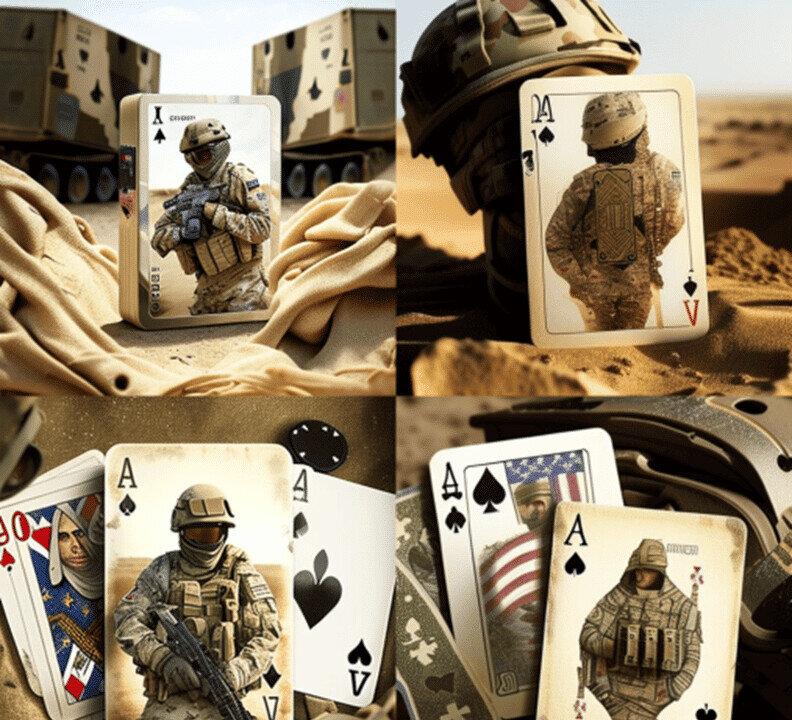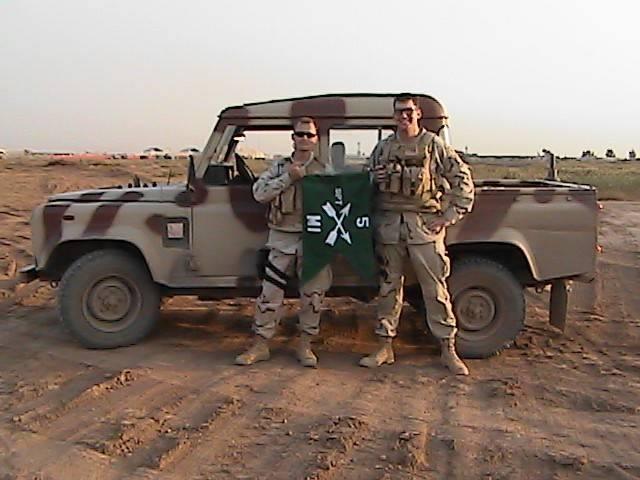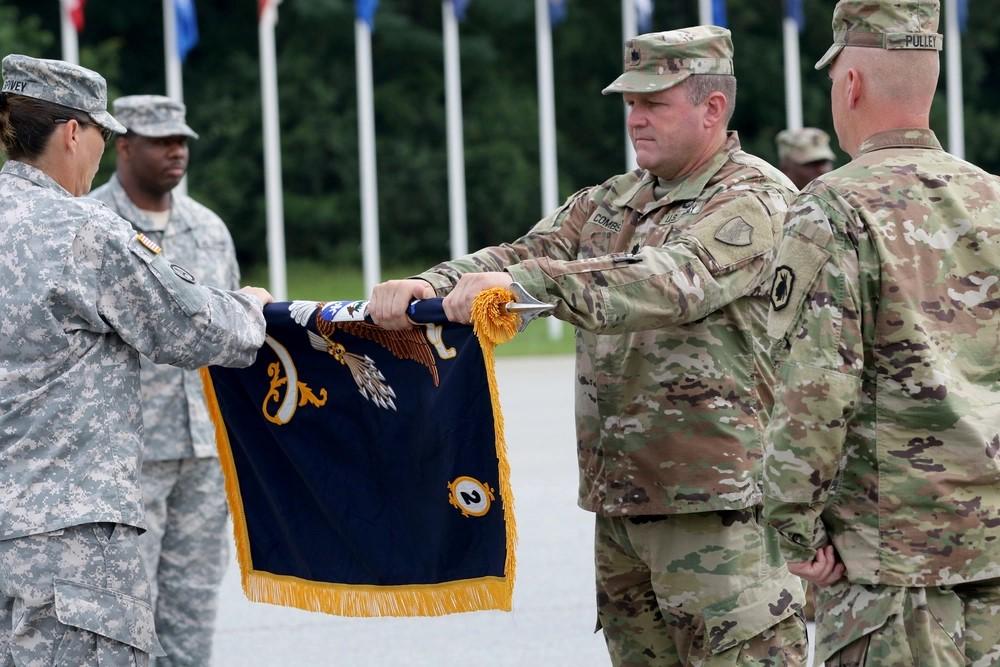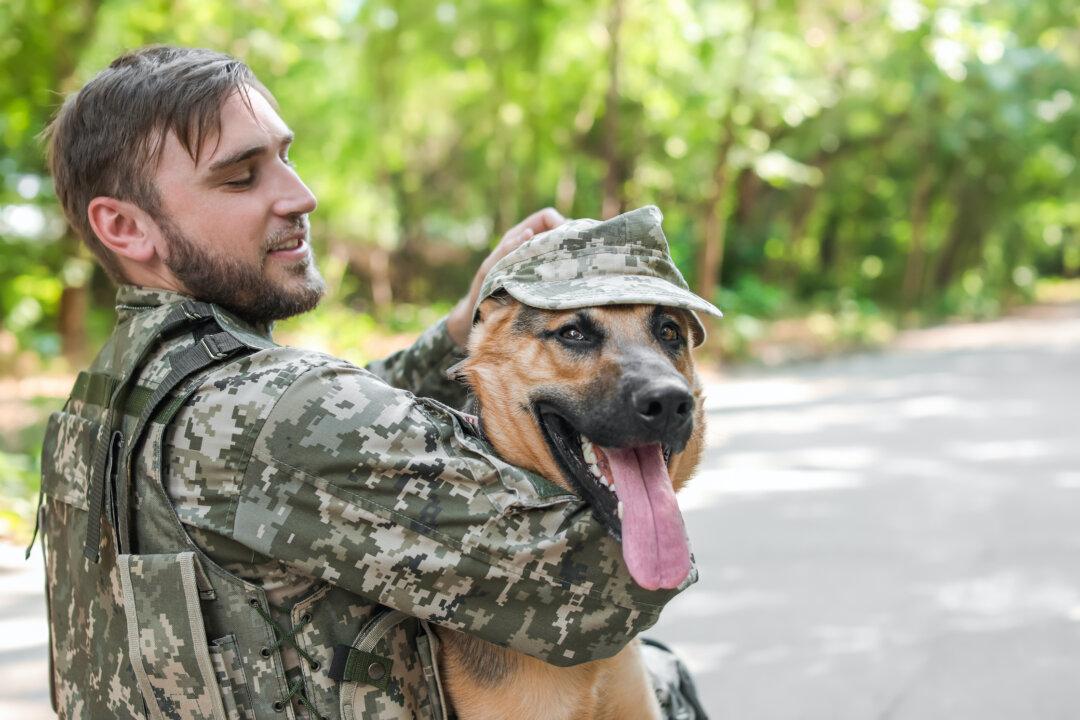Commentary
Editor’s Note: February of 2023 marked the 20th anniversary of then-Secretary of State Colin Powell’s now-infamous speech to the United Nations, which is seen as a decisive point in the U.S. decision to go to war in Iraq in 2003. In this jointly-written article, The Havok Journal’s owner, Charlie Faint, and editor-in-chief, Mike Warnock, describe very different experiences during their total of 5 deployments to Iraq, and reflect on how they feel 20 years after Colin Powell’s speech and the decision to send our country to war.




